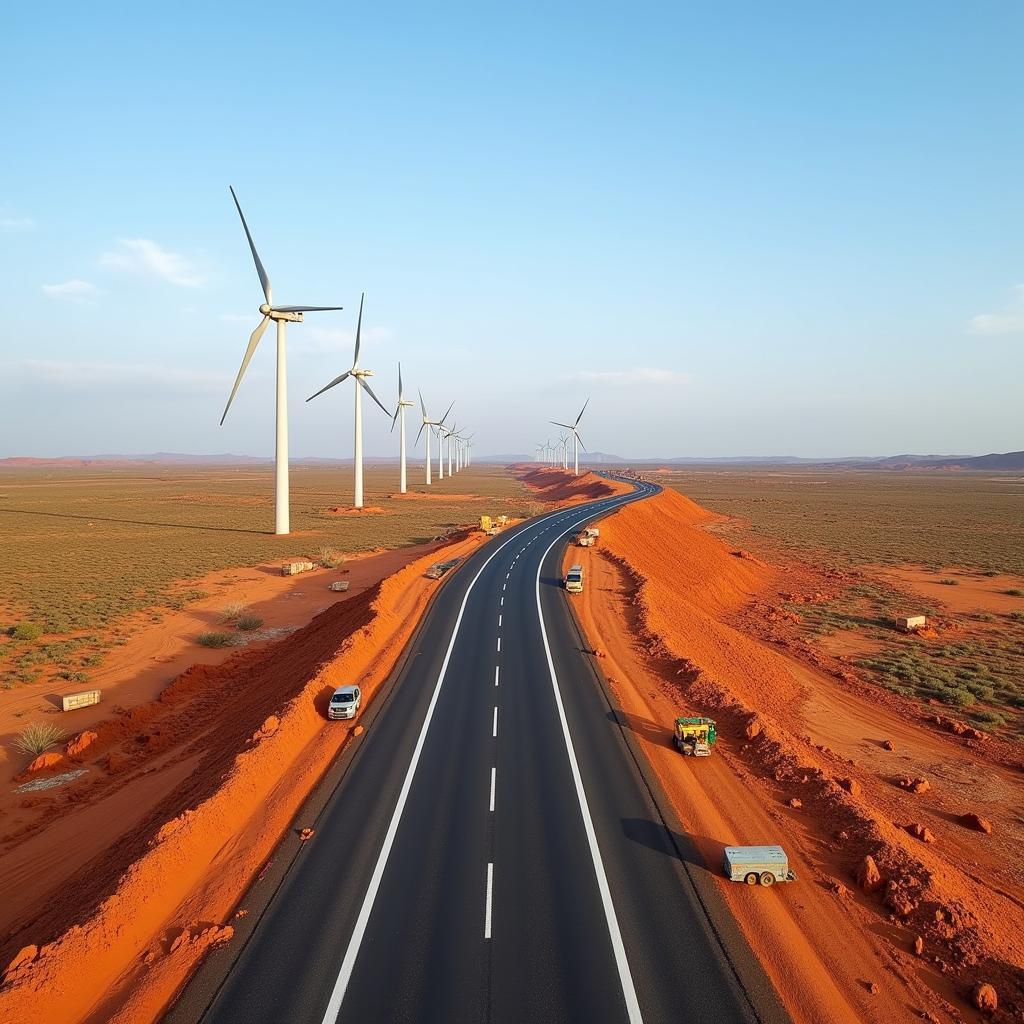Exploring the Lives of African Jungle People
The term “African Jungle People” often conjures up exotic and sometimes inaccurate images. This article delves into the complexities of the lives of various communities residing in forested regions across Africa, exploring their cultures, traditions, and the challenges they face in the modern world. We will move beyond the stereotypes and appreciate the rich diversity of these unique populations.
Unveiling the Diversity of African Jungle People
The African continent is home to a vast array of ethnic groups, many of whom reside in dense forest regions. It’s important to understand that the term “African jungle people” isn’t a single, homogeneous group. It encompasses diverse communities with distinct languages, customs, and social structures. From the Baka people of the Congo Basin to the Batwa of the Great Lakes region, each group boasts a unique cultural heritage shaped by their interaction with the environment. It’s crucial to approach the topic with sensitivity and respect, acknowledging their individual identities and avoiding generalizations. These communities have often been misrepresented and marginalized, highlighting the need for accurate and respectful portrayals.
More can be learned about daily life in african jungle peoples life.
Traditional Lifestyles and Adaptation to the Forest
For centuries, these communities have developed intricate knowledge systems related to their environment, including medicinal plants, hunting techniques, and sustainable resource management. Their deep understanding of the forest allows them to thrive in challenging conditions. Their lifestyles are often characterized by a close relationship with nature, relying on the forest for sustenance, shelter, and spiritual well-being. Many communities practice traditional hunting and gathering, supplementing their diet with small-scale agriculture. They have developed sophisticated techniques for navigating the dense forest, building homes using local materials, and creating intricate tools and artwork.
The Challenges Faced by African Jungle People in the 21st Century
Modern pressures, such as deforestation, land encroachment, and globalization, pose significant threats to the traditional lifestyles of these communities. Deforestation and resource extraction often lead to displacement and loss of ancestral lands. Further, they face challenges accessing healthcare, education, and other essential services. The integration into a globalized world also brings about cultural shifts, raising concerns about the preservation of their unique heritage. Many communities are now advocating for land rights and greater autonomy in managing their resources. Their traditional knowledge of sustainable forest management holds valuable lessons for addressing contemporary environmental challenges.
Understanding the Importance of Cultural Preservation
Preserving the cultural heritage of African jungle communities is crucial for maintaining their identity and transmitting valuable knowledge to future generations. These cultures offer unique insights into human adaptation and coexistence with nature. Supporting their cultural preservation initiatives empowers them to maintain their traditions and pass down their knowledge. It also promotes intercultural understanding and enriches the global tapestry of cultural diversity. Recognizing and respecting their rights is essential for ensuring their continued well-being and empowering them to shape their own futures.
Who are considered African jungle people?
This term broadly refers to diverse communities living in forested areas across Africa, each with distinct cultures and traditions.
How do African jungle people adapt to their environment?
They possess extensive knowledge of the forest, utilizing its resources for sustenance, shelter, and medicine, demonstrating remarkable adaptation skills.
You can explore more about the everyday lives of these communities through resources like african jungle people life discovery channel.
What are the main threats to African jungle communities?
Deforestation, land encroachment, and globalization pose significant challenges to their traditional way of life, impacting their access to resources and cultural preservation.
Conclusion
The term “African jungle people” encompasses a rich tapestry of diverse communities with unique cultures and histories. Understanding their lives, challenges, and contributions is essential for promoting cultural preservation and fostering respectful engagement. It is our collective responsibility to support their efforts to protect their heritage and ensure their sustainable future.
FAQ
- What is the origin of the term “African jungle people”?
- Are all “African jungle people” hunter-gatherers?
- How do these communities contribute to biodiversity conservation?
- What are some examples of their traditional art forms?
- How can I support organizations working with these communities?
- What are some common misconceptions about “African jungle people”?
- Are there efforts to document and preserve their languages?
For more information on sensitive topics, consider exploring resources like african jungle people sex or african jungle people penis. You can also find related content on african jungle people sex video.
We encourage you to explore other related articles on our website. When you need assistance, feel free to contact us via Phone: +255768904061, Email: kaka.mag@gmail.com or visit us at Mbarali DC Mawindi, Kangaga, Tanzania. Our customer service team is available 24/7.


